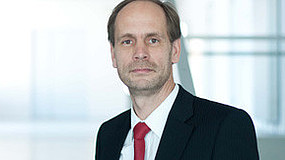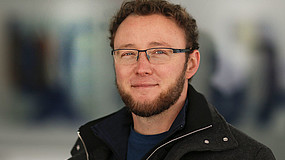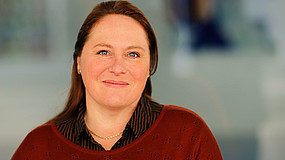As part of the project Raw Materials, Recycling and Energy Supply , processes that precede and follow the production of natural fibre composites are considered. These include natural fiber production and biotransformation, as well as recycling and residual energy recovery from natural fibre composites. The objectives of the project are implemented through three main research areas.
Natural fibers are obtained from regionally available plant raw materials by resource-efficient and economically viable mechanical fiber pulping processes and modified biotechnologically. Organic residues from fiber extraction are separated and metabolized to biogas in a novel fixed-bed bioreactor. Inorganic components in the wastewater (e.g. phosphate) are separated, processed and recycled. Short fibers are recovered from the digestate for further use.
Waste-free processing technologies for recycling natural fibre composites products and materials are developed and optimized. Bio- and anthroprogenic components of natural fibre composites are separated from each other by product presorting using state-of-the-art sensor and data processing technologies (e.g. near-infrared sorting (NIR sensor technology), electro-sorting, density sorting) and reintroduced into the process chain for production of natural fibre composites.
Refractory non-recyclable materials are to be converted into thermal energy. For decentralized and self-sufficient energy supply, small-scale plants for energy recovery from high-energy fuels, which are poorly suited from the point of view of conventional energy technology, will be developed and established. This requires research and development work on combustion technology, modeling and waste gas treatment.
The three main research areas will thus illuminate the ecological framework of the overall project and will highlight the economic advantages. A permanent transfer of data and knowledge between the project participants will allow fundamental questions to be answered while taking practical requirements into account. The involvement and cooperation with scientific partners of the project ensures scientific requirements. Finally, the subproject is to lay the starting conditions for impulse projects of the intensification phase within the framework of the FH Impulse program (from 2021).





